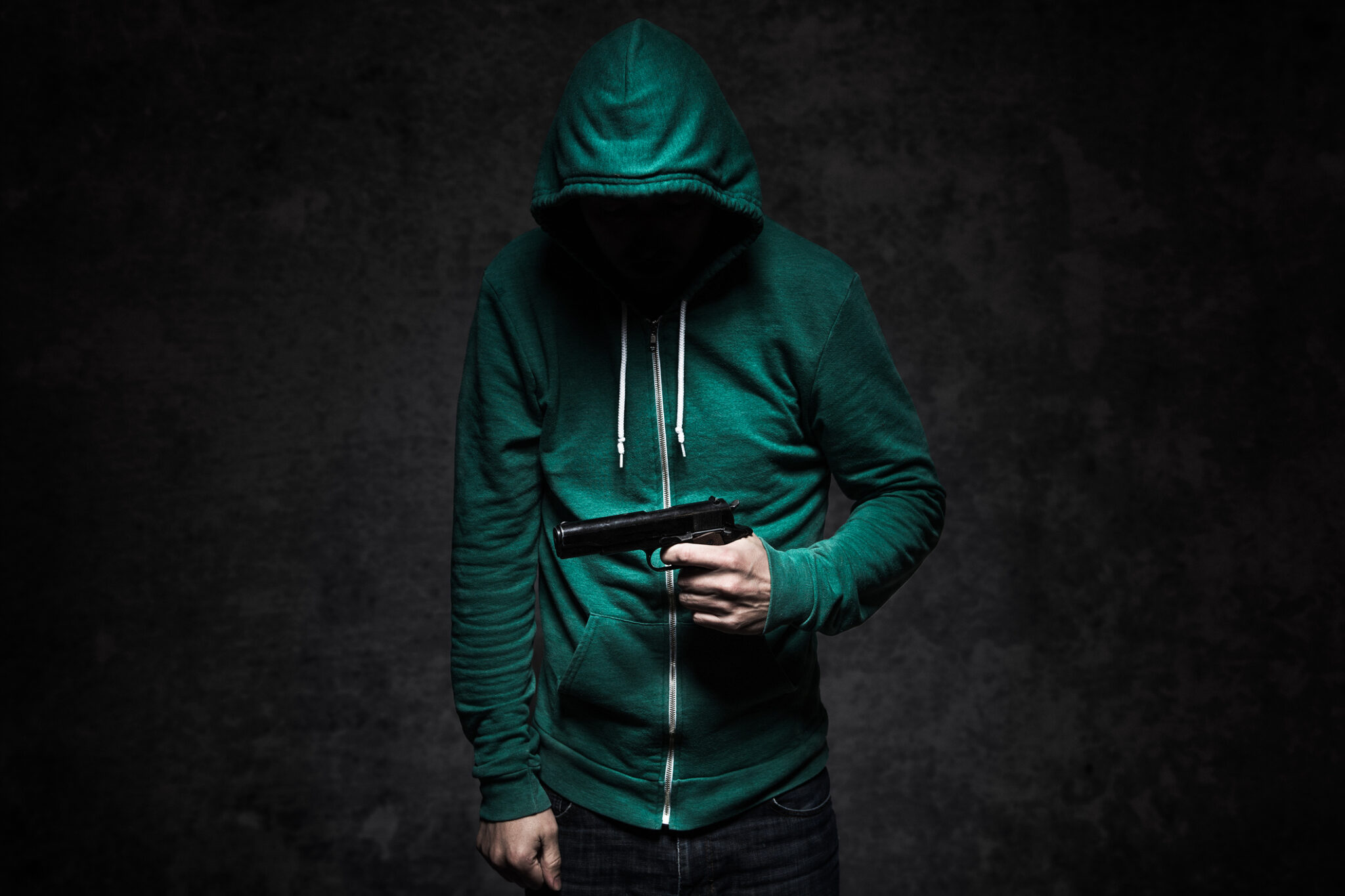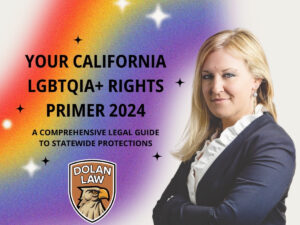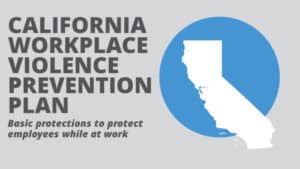
Today’s question comes from Priscilla in Hayes Valley who asks “As I would hope everybody else would be, I am outraged, sickened and angry with the senseless gun violence that we saw, AGAIN, in Florida when 17 people were senselessly gunned down by a man who was, apparently, suffering from mental illness. How can such a person get access to a gun? Is there law which limits access of crazy people to weapons? A member of my family is a gun nut and has a bi-polar disorder. He has a lot of guns and has made statements about “going postal” and “shooting up the town.” I am afraid of him going off and hurting someone. Please let me know what someone can do when they think that there is a time-bomb ticking away like this.”
Dear Priscilla, I too am horrified by the gun violence in this country. While the clear majority of gun owners are law abiding citizens, who are exercising their Second Amendment rights, it only takes one person to commit such atrocities. As we see repeatedly, mental illness is often the catalyst for these disasters.
California is one of the states with the toughest gun-control laws. Included within the portfolio of such regulations is Welfare and Institutions Code Section 8103 which is designed to keep weapons from people with identified mental disorders which may make them a danger to themselves or others.
There are several ways that a person can be deemed to be have a mental disorder which may make them a threat of danger to themselves or others. The most commonly known is through a Welfare and Institutions Code Section 5150 hold.
Section 5150 reads as follows; When a person, as a result of a mental health disorder, is a danger to others, or to himself or herself, or gravely disabled, a peace officer, professional person in charge of a facility designated by the county for evaluation and treatment, member of the attending staff, as defined by regulation, of a facility designated by the county for evaluation and treatment, designated members of a mobile crisis team, or professional person designated by the county may, upon probable cause, take, or cause to be taken, the person into custody for a period of up to 72 hours for assessment, evaluation, and crisis intervention, or placement for evaluation and treatment in a facility designated by the county for evaluation and treatment and approved by the State Department of Health Care Services.”
If there is a person known to you who is in the community who is brandishing a weapon, threatening others, or a danger to themselves or another, you can phone the police and alert them of the situation. Depending on the severity of the situation the Police may place that person into a 5150 hold and take them to the local hospital/psychiatric facility for evaluation.
Another mechanism exists for those who believe that an immediate family member may present a threat of gun violence. California Penal Code Section 18150 allows an immediate family member to petition for a “ex-parte” gun violence restraining order. (Ex-parte means just one side and the judge: the other side does not need to be served or appear.) Section 18150 reads as follows; “An immediate family member of a person, or a law enforcement officer, may file a petition requesting that the court issue an ex parte gun violence restraining order enjoining the subject of the petition from having in his or her custody or control, a firearm or ammunition.”
California Penal Code Section 422.4 defines an “immediate family member” as any spouse, whether by marriage or not, domestic partner, parent, child, any person related by consanguinity or affinity within the second degree (parent, child, grandparent, brother, sister or grandchild) or other person who regularly resides in the household, or who, within the prior six months, regularly resided in the household.
A petition may be made through the presentation of sworn testimony or affidavit stating that the person has engaged in a “pattern of violent acts or violent threats within the past 12 months, including, but not limited to, threats of violence or acts of violence directed toward himself, herself, or another.” The court will consider evidence, among other things, of the unlawful and reckless use, display, or brandishing of a firearm by the subject of the petition; the history of use, attempted use, or threatened use of physical force by the subject of the petition against another person; a prior arrest of the subject of the petition for a felony offense; and violation of any protective orders such as those issued in domestic violence or stalking cases.
Pursuant to Welfare and Institutions Code 8103 individuals with mental illness are restricted from access to guns. Section 8103 reads: “No person who has been (A) taken into custody as provided in Section 5150 because that person is a danger to himself, herself, or to others, (B) assessed within the meaning of Section 5151, and (C) admitted to a designated facility within the meaning of Sections 5151 and 5152 because that person is a danger to himself, herself, or others, shall not own, possess, control, receive, or purchase, or attempt to own, possess, control, receive, or purchase any firearm for a period of five years after the person is released from the facility. Any facility that places a 5150 hold on someone is required to report them to the Department of Justice which, in turn, is required to list them on the National Instant Criminal Background Check System. Gun dealers must access the NICS prior to making a firearm sale.
The courts can force a person so designated to surrender of all their weapons. A petition to the courts may later be made to reclaim and possesses the weapons if the petitioner can demonstrate that they no longer present a danger to themselves or others.
When reporting someone for a 5150, or seeking a Section 18150 petition, you must be truthful: a false report or accusation may result in both criminal and civil penalties.
If you believe that your family member is a threat to the community call the SFPD and ask for their help. They can assist you in reviewing your options and hopefully you, the police, and/or the courts can intervene before someone else gets senselessly killed.










